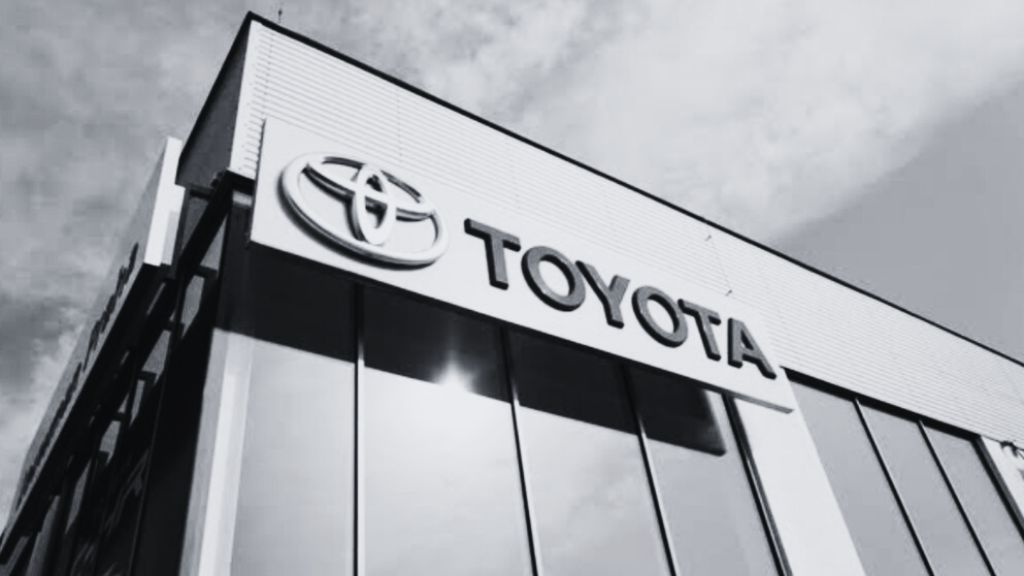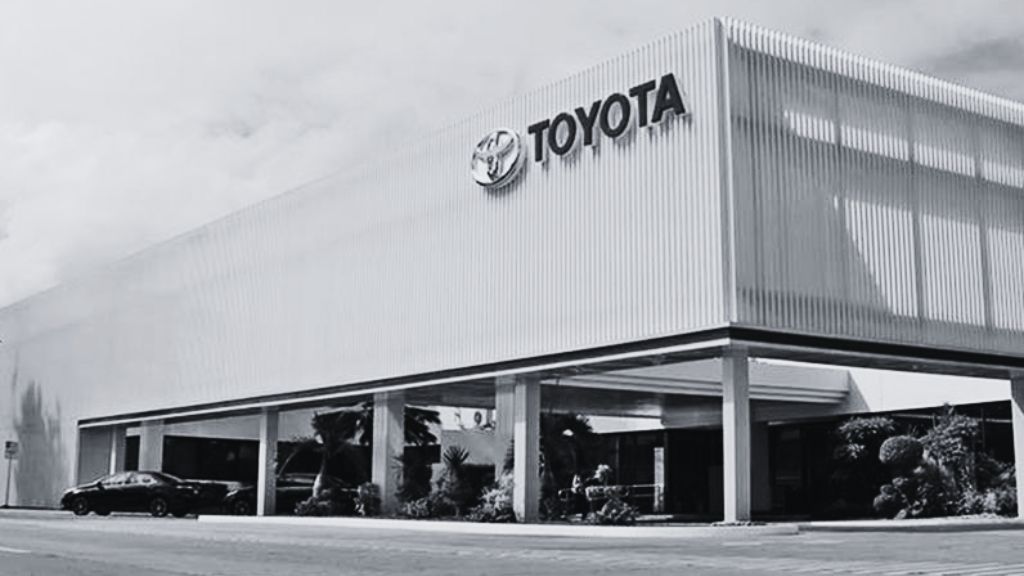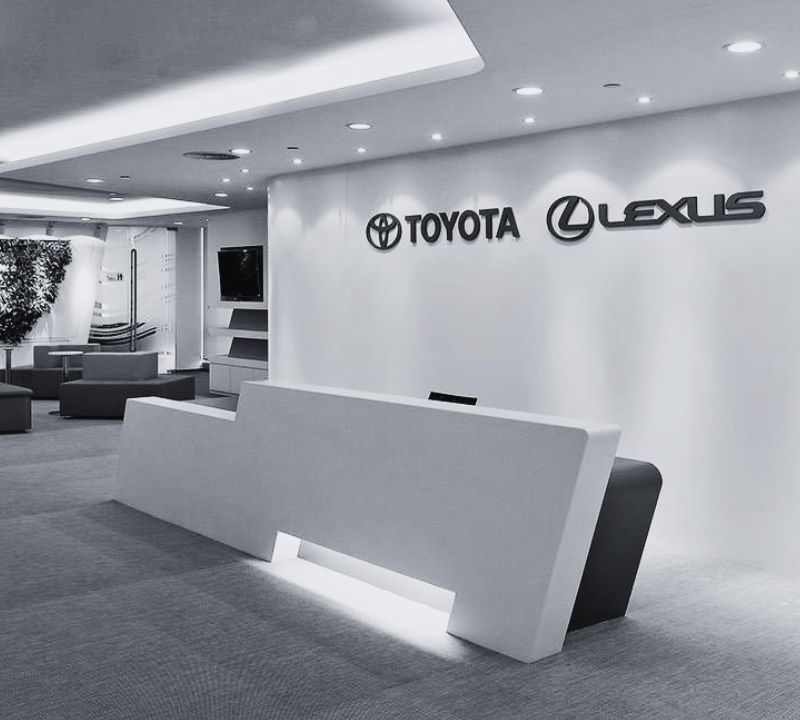You may have heard about the recent Toyota airbag control unit settlement, a significant development in the automotive industry. This settlement is a result of a class-action lawsuit concerning faulty airbag control units (ACUs) in specific Toyota vehicles. Let’s explore this topic in greater detail, focusing on what led to the lawsuit and what it means for vehicle owners.
Toyota Airbag Control Unit Settlement Background
This settlement stems from allegations that certain Toyota vehicles were equipped with defective ACUs manufactured by ZF-TRW. The lawsuit centered around the claim that these ACUs were susceptible to an ‘electrical overstress condition,’ which could potentially cause the airbags and other vehicle safety features to malfunction during a collision. Toyota, however, has denied any wrongdoing related to these allegations. Despite this denial, the company agreed to a settlement to avoid further litigation.
It’s important to note that this lawsuit is part of a broader consolidated case involving multiple automakers, including Hyundai, Kia, Fiat Chrysler, Honda, and Mitsubishi. These companies were all alleged to have used the same defective ACUs in their vehicles.
Affected Toyota Vehicle Models
The settlement impacts a significant number of Toyota vehicles. If you are an owner or lessee of a 2011-2019 Corolla, 2011-2013 Corolla Matrix, 2012-2018 Avalon, 2013-2018 Avalon HV, 2012-2019 Tacoma, 2012-2017 Tundra, or a 2012-2017 Sequoia, you might be affected by this settlement.

If you are unsure whether your vehicle is part of the affected models, you can use the Vehicle Identification Number (VIN) lookup tool on the settlement website to check your vehicle’s eligibility. It’s crucial that you do this, as it could impact your vehicle’s safety and your entitlement to compensation.
Defect Allegations & Safety Concerns
The core of the lawsuit revolves around the allegations of defective ACUs. These units are a central part of your vehicle’s safety system, responsible for deploying airbags in the event of a collision. The lawsuit alleged that the ACUs in question are vulnerable to an ‘electrical overstress condition.’ In layman’s terms, this means that the ACUs could fail under certain electrical conditions.
The concern is that this failure could occur during a collision, causing the airbags not to deploy as they should. Airbags are a crucial safety feature in any vehicle, designed to protect passengers during a crash. Therefore, any malfunction in their deployment could potentially result in serious harm.
Ensuring the safety of yourself and your passengers is paramount. As such, if you own or lease one of the affected models, it’s crucial to stay informed about this settlement and the potential risks associated with these ACUs.
Terms Of The Settlement Agreement
The Toyota airbag control unit settlement agreement includes various terms designed to compensate affected vehicle owners and lessees. The settlement came about after allegations that certain Toyota vehicles were equipped with defective ACUs. Toyota, although denying any fault, agreed to the settlement to prevent further legal disputes.
Financial Compensation & Reimbursements
As part of the settlement, Toyota has agreed to provide a whopping $78.5 million in payments and credits. But what does this mean for you? If you are an owner of an affected vehicle, you might be eligible for reimbursements for out-of-pocket expenses. This can include costs related to rental cars, towing, and even lost wages due to having to take time off work for repairs. In some cases, owners might even receive a residual payment of up to $250 if there are funds remaining after all other claims are settled.
Extended Warranty & Inspection Program
But the settlement doesn’t stop at financial compensation. Another term of the agreement is an extension of the service part warranty coverage to 12 years. This means that if any part of your vehicle’s ACU fails within this period, the cost of replacement parts will be covered. Furthermore, Toyota will implement an inspection program for recalled vehicles, ensuring that all defective parts are identified and replaced promptly.
Loaner Vehicle Program
What if your vehicle needs to be repaired or replaced due to the defective airbag module? You can’t just be left without a car, right? Don’t worry, the settlement has got you covered. If you require a repair or replacement related to the defective ACU and are not provided with a loaner vehicle, you may be eligible for a reimbursement of rental car costs. This means that even if your vehicle is temporarily out of action, you won’t be left stranded.

While the settlement offers several benefits, it’s essential to stay informed and take necessary actions promptly. After all, the safety of you and your passengers could be at stake.
Court Approval & Appeal Process
On November 28, 2023, the court gave the final thumbs-up to the Toyota airbag control unit settlement. However, it wasn’t smooth sailing from there. A month later, on December 28, an appeal was filed against the settlement. This appeal acts as a roadblock, stalling the processing of claims until the matter is resolved. It’s a bit like a detour sign on a road trip – it doesn’t stop the journey, but it does slow it down.
What’s interesting here is that the appeal doesn’t stall everything. The inspection program, extended new parts warranty, and outreach program will continue to be implemented – it’s just the financial compensation part that’s on hold. So, while the appeal is a hiccup in the process, it doesn’t halt everything entirely.
How To Submit A Claim?
Submitting a claim is like stepping up to bat – you need to know when to swing. And in this case, the exact date to step up to the plate is yet to be determined. However, we do know it won’t be any earlier than December 16, 2026.
But how do you submit a claim? It’s simple. You can use the Vehicle Identification Number (VIN) lookup tool on the settlement website. Think of the VIN as your golden ticket – it confirms your eligibility and allows you to submit your claim. If you’re driving one of the affected models, make sure to swing by the settlement website and check your eligibility – it’s an essential pit-stop on this journey.
Important Dates & Deadlines
There are a few key dates to remember in this case. First, there’s November 28, 2023 – the day the court gave the green light to the settlement. Then there’s December 28, 2023 – the date the appeal was filed. And finally, there’s December 16, 2026 – the earliest potential date for submitting claims. These dates are like the mile markers on your road trip – they help you track how far you’ve come and how far you have to go.
It’s important to keep these dates in mind, as they’ll guide you through the settlement process. Just like you wouldn’t embark on a road trip without a map, you shouldn’t navigate this settlement without knowing the key dates and deadlines.
Conclusion
And there you have it – a comprehensive guide to the Toyota airbag control unit settlement. From the court approval and appeal process to how to submit a claim and the important dates and deadlines, we’ve covered it all. Remember, if you’re an owner or lessee of one of the affected models, it’s crucial to stay informed and act promptly.
Just like a road trip, the journey through this settlement may have its bumps and detours, but with the right information and a little patience, you’ll reach your destination. So, buckle up and stay tuned for more updates on this settlement.
Other Settlement:


